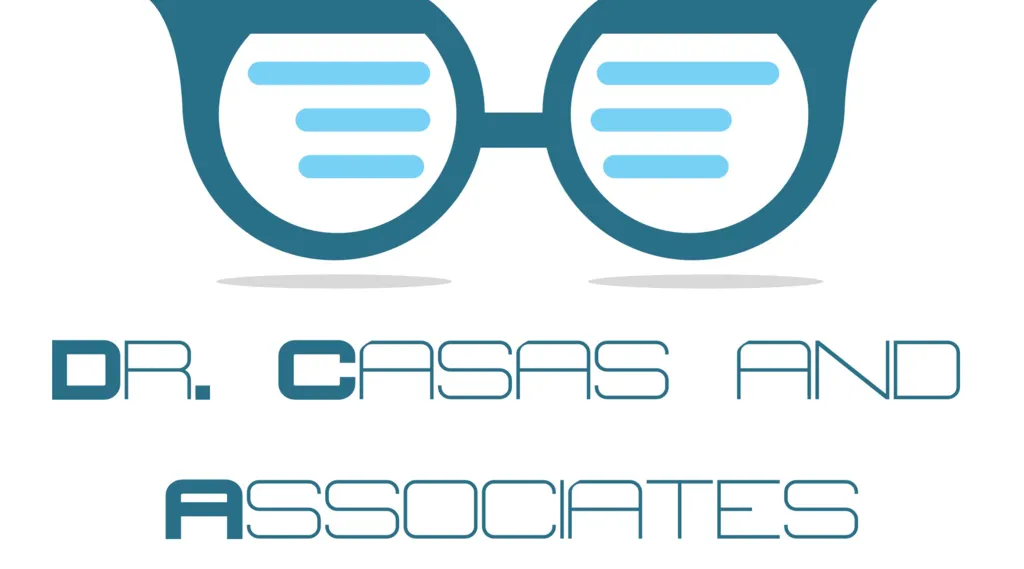
Few eye issues are as simultaneously subtle and annoying as a twitch that comes on suddenly and/or recurs frequently. A twitching eyelid may not appear visible to the people around you at all, but it can make you feel highly self-conscious and drive you to search for the cause and the cure. Unfortunately, there are so many possible reasons for the twitching that figuring out how to stop it can prove a most challenging task. The good news is that most of the reasons for eye twitching pose no serious threat to your ocular or neurological wellbeing.
Causes of Eye Twitching
Perhaps most common recognizable cause of eyelid twitching is dry eye syndrome. Dry eyes may afflict you if you spend lots of time staring at a computer screen, you are exposed to air conditioning or wind, or you have a medical condition that impairs tear production. Using eye drops and reducing your exposure to dryness triggers may not only help your eyes feel better but also eliminate the twitching. Other common causes include eyestrain, fatigue, caffeine abuse, and allergic reactions. Your twitching eyelid may also be an indicator of a condition known as blepharitis. Blepharitis is an irritation caused by inflamed oil glands next to the eyelashes. Your eye care professional can recommend several home remedies to help you get this problem -- and hopefully the twitch -- under control.
Neurological problems can cause eye twitches as well. Just as the nervous system's countless branches send motor signals to every part of the body, certain nerves send commands to the muscles in the face, including the eyes and eyelids. A variety of issues can interfere with optimal nerve signaling, causing the muscles attached to these nerves to go into spasm. Your twitching eye could therefore be part of a larger facial tic known as a hemifacial spasm, especially if the eye closes completely with each twitch. This condition is sometimes treated with Botox injections. Other neurological conditions can also affect the facial nerves to produce twitching motions.
Diagnosis and Treatment
Less commonly, eye twitching can be a sign of an ocular disorder that requires treatment by an eye doctor. These conditions include uveitis (an inflammation of the iris), conjunctivitis (the infamous "pinkeye"), and entropion (inwardly-turned eyelashes, mostly seen in older patients). Your eye care provider can discuss your symptoms and medical history with you to help you figure out how best to cope with that annoying twitch.
